Ten books I'm reading this summer
Economics, history, genetics, psychology, statistics, and the biography of the richest man in Rome
After two government bailouts of the US economy in less than twenty years, free market ideology is due for serious reappraisal. In Free Market, Jacob Soll details how we got to this current crisis, and how we can find our way out by looking to earlier iterations of free market thought.
Says Angela Duckworth about How Do We Know Ourselves? ‘Each chapter is a gem of insight into the human experience, cut and polished to perfection by the renowned psychologist David Myers. Better than any book I can recall, this book answers questions about why we think, feel, and act as we do―but also makes us curious to learn more.’
Wellsey rated The Anthropocene Reviewed five stars on Amazon because: ‘This book is so comforting and familiar it is like sitting down with your best friend and listening to them talk about everything and nothing for hours. We have all had those nights where the mugs or glasses keep filling and the conversation keeps going and it meanders from the serious to the absurd and back again. That is the book. That is its triumph and that is why John Green is a great non-fiction writer despite his best efforts not to be one at all.’
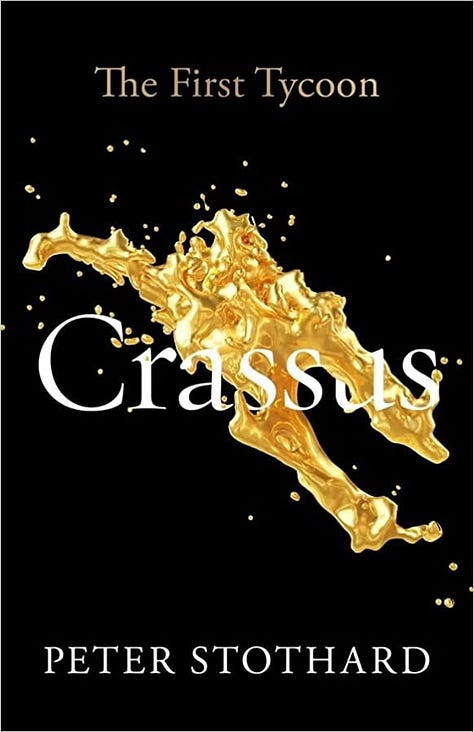
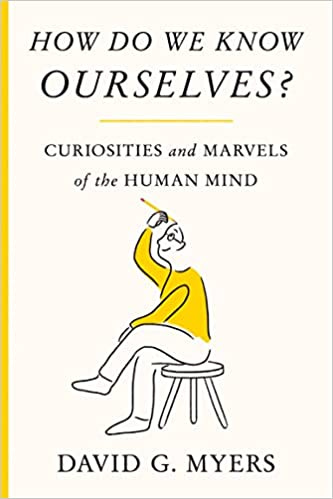

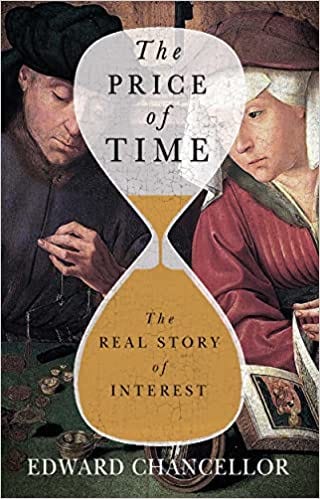
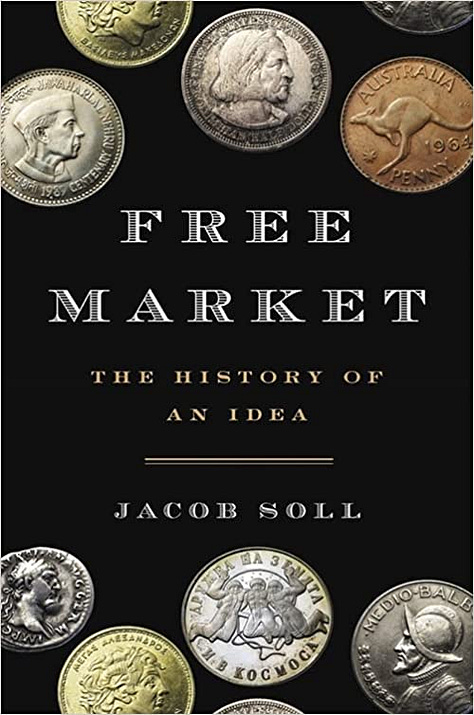


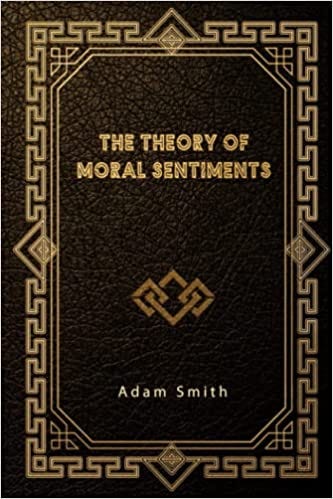

In the beginning was the loan, and the loan carried interest. For at least five millennia people have been borrowing and lending at interest. The practice wasn’t always popular—in the ancient world, usury was generally viewed as exploitative, a potential path to debt bondage and slavery. Yet as capitalism became established from the late Middle Ages onwards, denunciations of interest were tempered because interest was a necessary reward for lenders to part with their capital. The financial world now finds itself caught between a rock and a hard place, and Edward Chancellor is here to tell us why. In The Price of Time, Chancellor explores the history of interest and its essential function in determining how capital is allocated and priced.
In 2018, scientists manipulated the DNA of human babies for the first time. As biologist and historian Matthew Cobb shows in As Gods, this achievement was one many scientists have feared from the start of the genetic age. Four times in the last fifty years, geneticists, frightened by their own technology, have called a temporary halt to their experiments. They ought to be frightened: Now we have powers that can target the extinction of pests, change our own genes, or create dangerous new versions of diseases in an attempt to prevent future pandemics.
It is not just ethics that are troubled by advances in genetics. History, too, is facing a revolution. Double Helix History examines the interface between genetics and history in order to investigate the plausibility of ‘new’ knowledge derived from scientific methods and to reflect upon what it might mean for the practice of history.
Always good to dust off a classic, I’ll be reading The Theory of Moral Sentiments, a 1759 book by Adam Smith, for the first time. It provided the ethical, philosophical, psychological, and methodological underpinnings to Smith's later works, including The Wealth of Nations. Says McManus on Amazon: ‘The introduction as well as the book itself are both excellent and essential reading for anyone wanting to combat that ugly interpretations that have been pushed on Smith as the apostle of selfishness. Nothing could be further from the truth for this man who would have excoriated the thieves and swindlers of 2008 and held the institute that purports to honour his name in contempt. As readable as Tom Jones, published around the same time. A delight on every page.’
We have never had so much information at our fingertips and yet most of us don’t know how the world really works. This book explains seven of the most fundamental realities governing our survival and prosperity. From energy and food production, through our material world and its globalization, to risks, our environment and its future, How the World Really Works offers a much-needed reality check—because before we can tackle problems effectively, we must understand the facts.
Papyrus is the story of the book’s journey from oral tradition to scrolls to codices, and how that transition laid the very foundation of Western culture. Award-winning author Irene Vallejo evokes the great mosaic of literature in the ancient world from Greece’s itinerant bards to Rome’s multimillionaire philosophers, from opportunistic forgers to cruel teachers, erudite librarians to defiant women, all the while illuminating how ancient ideas about education, censorship, authority, and identity still resonate today. Crucially, Vallejo also draws connections to our own time, from the library in war-torn Sarajevo to Oxford’s underground labyrinth, underscoring how words have persisted as our most valuable creations.
And, finally, Marcus Licinius Crassus (115–53 BCE) was a modern man in an ancient world, a pioneer disrupter of finance and politics, and the richest man of the last years of the Roman republic. Without his catastrophic ambition, this trailblazing tycoon might have quietly entered history as Rome’s first modern political financier. Instead, Crassus and his son led an army on an unprovoked campaign against Parthia into what are now the borderlands of Turkey, Syria, and Iraq, losing a battle at Carrhae which scarred Roman minds for generations. After Crassus was killed, historians told many stories of his demise. Some said that his open mouth, shriveled by desert air, had been filled with molten gold as testament to his lifetime of greed. His story, skillfully told by Peter Stothard in Crassus: The First Tycoon, poses both immediate and lasting questions about the intertwining of money, ambition, and power.
Happy reading!
*Cover Photo by Vlad Patana on Unsplash.



